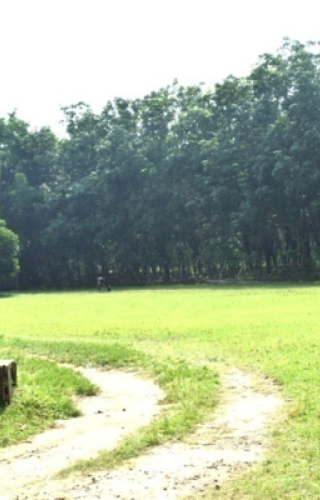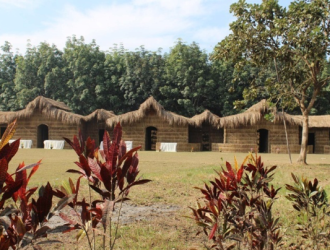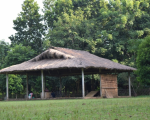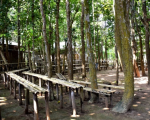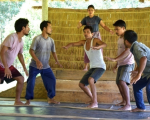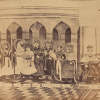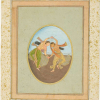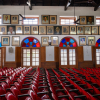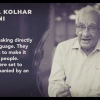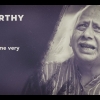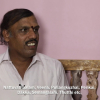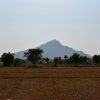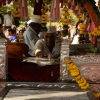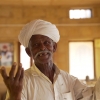Non-proscenium experimental Indian theatre has prevailed in Assam for last three decades, registering a strong countervoice in the context of the mainstream trend of commercialising theatre and other cultural mediums.
Outside the genre of proscenium theatre and commercial mobile theatre, a stream of rural theatres for underprivileged spectators of villages was initiated by the late Sukracharya Rabha. In 1998, he founded Badungduppa Kalakendra at his village Rampur in Goalpara, marking the beginning of non-proscenium modern theatre in Assam. Being a student of Heisnam Kanhailal, Sukracharya was deelpy influenced by his concept of ‘village theatre’ and he fostered it in his own innovative way.
Similarly, another experimental theatre group dared to blur the lines between the audiences and the stage, leaving behind the established genres of theatre. Replica Theatre was founded by Rupjyoti Mahanta, a theatre practitioner of Jorhat, who later had the privilege of learning from Heisnam Kanhailal.
Badal Sircar’s third theatre became influencial in the Barak Valley through his workshop in Hailakandi in 1985. Biswajit Das, a theatre worker in Barak Valley, founded the third theatre group Chorus in 1986. Chorus is working tirelessly in remote corners of the Northeast, communicating with people through theatre for the last three decades.
These three theatre groups uphold alternative genres of modern Indian theatre. They have cultivated their own cultural spaces, identified the vacuums and have given shape to their own theatre; of course there are some earlier influences, but their decades-long pathways are marked with uniqueness as they search their roots and relevance for the people of their time.
This image gallery is a visual representation of the works of these three theatre groups.
